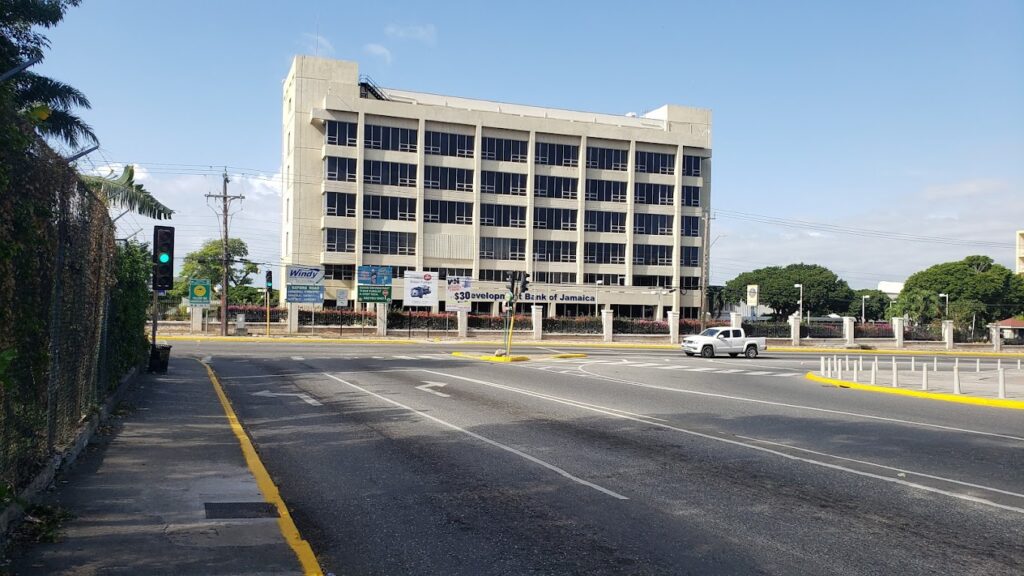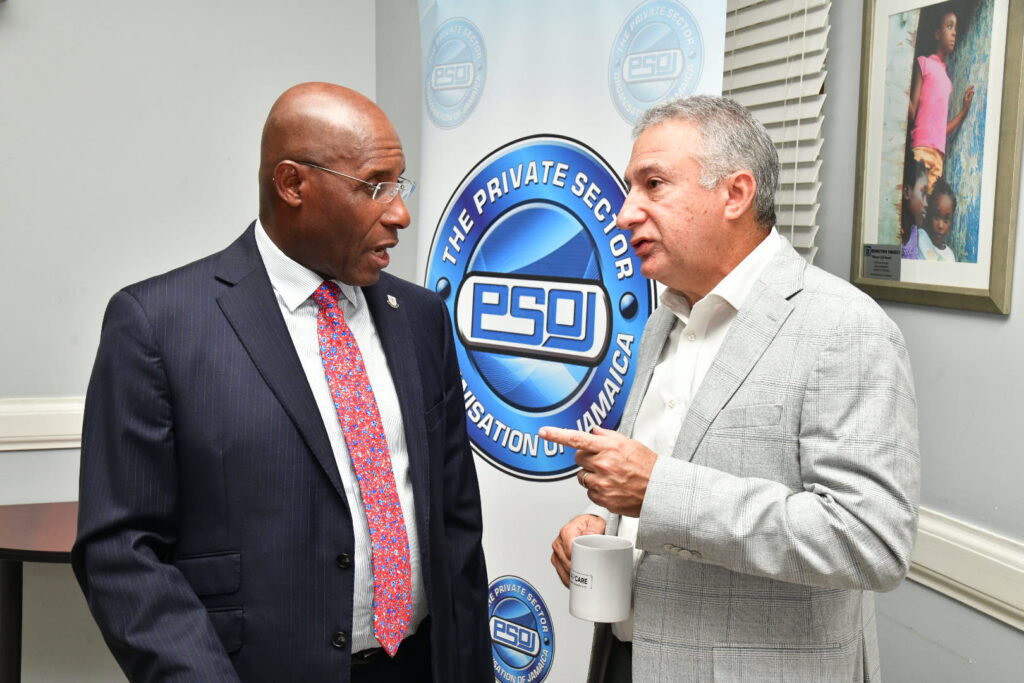

Executive director of the Private Sector Organisation of Jamaica Sacha Vaccianna-Riley has called for more diversified financing options to serve the country’s business community, urging the government, banks and private sector stakeholders to collaborate on designing better financial arrangements, especially for small businesses.
Speaking at the PSOJ and Inter-American Development Bank’s (IDB) Empower JA workshop at the Jamaica Pegasus in St Andrew on Tuesday, Vaccianna-Riley said there is an inadequacy of financing options that can help business owners scale. She also pointed out the need to help businesses transition from operating in the informal space to becoming formalised.

“Think of it like this: access to finance is the fuel that powers the engine of our economy. Without it, businesses can’t grow, can’t create jobs, and can’t contribute to building a better Jamaica for all of us,” the PSOJ executive director stated.
According to Vaccianna-Riley, while there is funding for some businesses, it is usually traditional businesses that can access such funding. Additionally, she pointed out that some local commercial banks “have been expanding [their] SME loan offerings with more flexible terms, while institutions like the Development Bank of Jamaica (DBJ) channel funds through partner financial institutions, offering credit guarantee schemes and lower interest rates, particularly targeting sectors like agriculture and tourism.
Through the Boosting Innovation, Growth & Entrepreneurship Ecosystems (BIGEE) – funded by the Inter-American Development Bank and European Union – the DBJ offers loans and grants to support the growth of businesses, in particular, micro, small and medium-sized enterprises (MSMEs).

Vaccianna-Riley also highlighted the role of microfinance institutions in providing funding for MSMEs. Still, she said all these options are “not nearly enough”.
“Too many Jamaican businesses are still running on empty. Why? Because access to finance isn’t as easy as it should be. Let’s be real: our financial landscape has some hurdles. Sometimes, when a business goes looking for a loan, the banks see things like economic ups and downs or even crime and get nervous. That nervousness translates to higher interest rates and tougher requirements, which is a real problem for our businesses,” the PSOJ executive director shared.

On this note, she called for changing perceptions, noting that the PSOJ will need to work with financial institutions to improve their understanding of the local business landscape and the opportunities, and not just the perceived risks.
Furthermore, Vaccianna-Riley pointed out that another hurdle to financing is the informality of some businesses.
“I’m talking about the dressmaker in the community, or the man down the road fixing cars. Now, these are legitimate businesses, providing real services, but because they aren’t formalised, the banks don’t see them and it’s hard for them to access loans,” she pointed out.
“We need to accelerate the drive in formalising the informal [space]. We need to encourage and support businesses in transitioning from the informal to the formal sector, providing them with the tools and resources they need to get registered and manage their finances,” the PSOJ executive director continued.
Reiterating that financing options are not enough to meet the needs of MSMEs, Vaccianna-Riley said, “We must diversify the financing options. Let’s explore alternative financing models, such as venture capital, angel investors, and crowdfunding, to provide businesses with a wider range of options.”
She noted that fintechs can also provide innovative solutions. In this regard, Vascianna advocated for leveraging fintechs and creating an environment for them to thrive.

Turning her attention to collateral, she said that when it comes to financing MSMEs need to be considerate of entrepreneurs who may not have significant assets such as land or buildings. Moreover, banks should also take into account the impact of small businesses, which is evident in job creation, innovation and contributing to a stronger, more resilient economy.
Underscoring the PSOJ’s commitment to work with the Government on initiatives to make financing more effective and meaningful, Vacciana-Riley said. “Access to finance is not just a financial issue; it’s a social and economic imperative.”

Further, she added: “There’s a collective recognition by both sides of Parliament of the urgent need to address barriers to finance.”
To this end, she recommended collaboration between policymakers, the financial sector, and stakeholders like the PSOJ to resolve the issue.






Comments